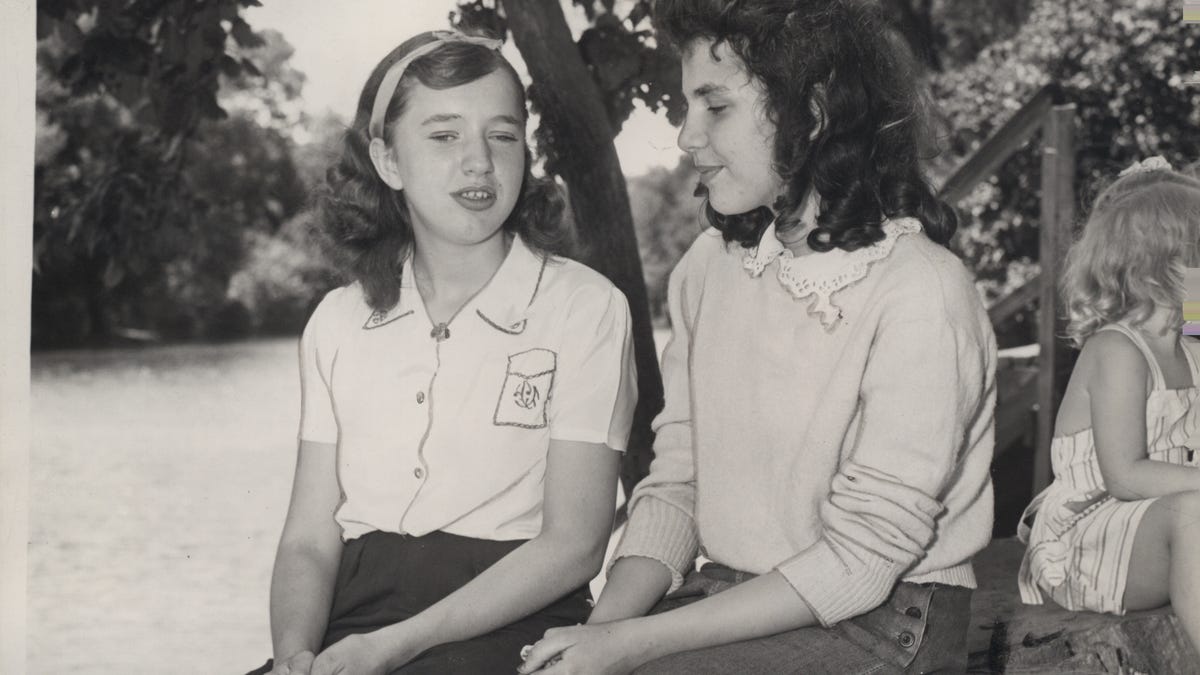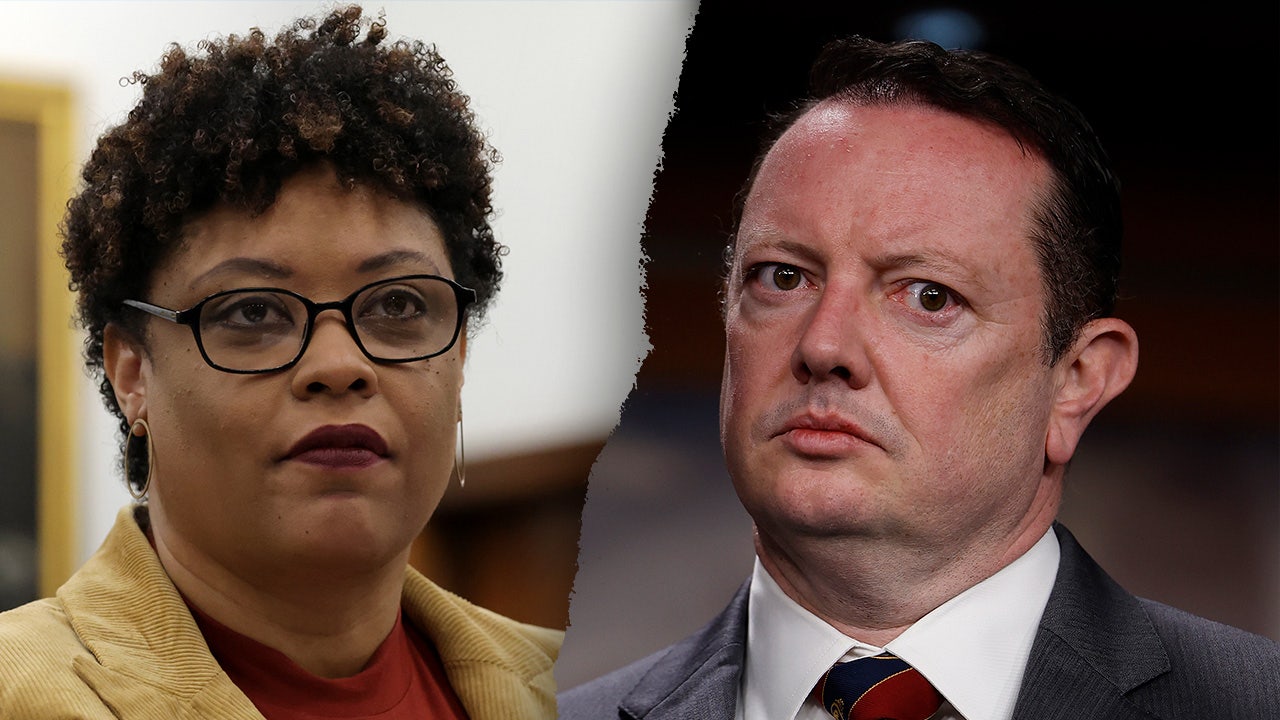Bettina Dolinsek and Cody Dolinsek
| Special to the Register
“… the real problem is not the blindness but the mistaken attitudes about it. These attitudes can be changed, and we are changing them. The sighted can also change. They can be shown that we are in no way inferior to them and that the old ideas were wrong that we are able to compete with the sighted, play with the sighted, work with the sighted, and live with the sighted on terms of complete equality. We the blind can also come to recognize these truths, and we can live by them.”
These words were spoken by Kenneth Jernigan, the then-president of the National Federation of the Blind, in 1973. He was also at that time the director of the Iowa Commission for the Blind, today known as the Iowa Department for the Blind.
Iowa has long been recognized as innovative with respect to the blind, seeing the need to enable the blind to compete on a footing of equality socially, politically and economically.
Becoming a state in 1846, by 1852 Iowans were already considering how to better the prospects for Iowa’s blind population. That year, Samuel Bacon, a blind graduate of Kenyon College with a degree in mathematics, established the Asylum for the Blind in Iowa City. By 1854, the school was relocated to Vinton. Its goal was to produce blind people who were “educated, productive, well-rounded, [who] have friends and [who] hold their place in society.” Perhaps the most famous graduate of this institution, what later was renamed the Iowa Braille and Sight Saving School, was Mary Ingalls.
On New Year’s Day, 1922, Helen Keller visited Des Moines. Des Moines Register reporter Harlan Miller covered her visit. While there, Keller addressed the Legislature, stating that “it seems to me the civilization of a state should be measured by the amount of misery it resents, and by the degree of happiness it makes possible for all of its citizens.” About the thunderous applause following these words, Keller stated she heard the applause “through the soles of her feet.”
Sen. James White of Tama County had introduced a bill “providing for the creation of a state commission to supervise training and seek employment for Iowa’s blind.” The requested “biennial appropriation” for this new state commission was $26,000. Keller indicated to the Legislature that the funds should be doubled. Thus, Keller paved the way for what eventually became the Iowa Commission for the Blind in 1925.
At first, the Iowa Commission for the Blind was like other agencies for the blind throughout the United States. In Brian Miller’s 2013 dissertation, published by the University of Iowa, “Speaking for Themselves: The Blind Civil Rights Movement and the Battle for the Iowa Braille School,” he described the Commission for the Blind under the directorship of Ethel Towne Holmes as follows: “The Iowa commission was a sleepy backwater, an agency with poor performance, and off the radar for most rehabilitation professionals.”
Holmes served the agency from 1925 until 1957. At age 74, Holmes had likely lost her spark for innovative services and resigned as the organization stagnated and criticism by Iowans with blindness increased. Miller wrote, “In the year before Jernigan’s appointment it [the Iowa Commission for the Blind] ranked at the very bottom among VR (vocational rehabilitation) agencies for the blind, with only 12 employment outcomes in 1957.”
In 1958, Kenneth Jernigan began his directorship of the Iowa Commission for the Blind, serving the agency until 1978. Under his leadership, the Commission became an innovative agency, increasing the number of employed blind people, fulfilling the promise that “with reasonable training and opportunity the average blind person can compete on terms of equality with the average sighted person similarly situated.” Jernigan would face his own turmoil and left Iowa with some criticizing his use of state funds, among other complaints. Jernigan’s departure disrupted services for two decades.
Blind Iowans, thanks to the innovations of Jernigan and others, work together as members of blindness consumer groups such as the National Federation of the Blind and the Iowa Council of the United Blind, to pass legislation mandating accessible mail-in ballot voting, for example. In 1968, Harold Russell, of President Lyndon Johnson’s Committee on the Employment of the Handicapped, when presenting Johnson’s award to Jernigan for his work on behalf of the blind, said, “if a person must be blind, it is better to be blind in Iowa than in any other place in the nation, or the world!”
Bettina Dolinsek and Cody Dolinsek are history and program consultants for the State Historical Society of Iowa, which provided this essay as part of a series for Iowa History Month. For more information, visit history.iow.gov.
March is Iowa History Month
To celebrate Iowa History Month, the Register has published weekly essays from leading state historians.






























